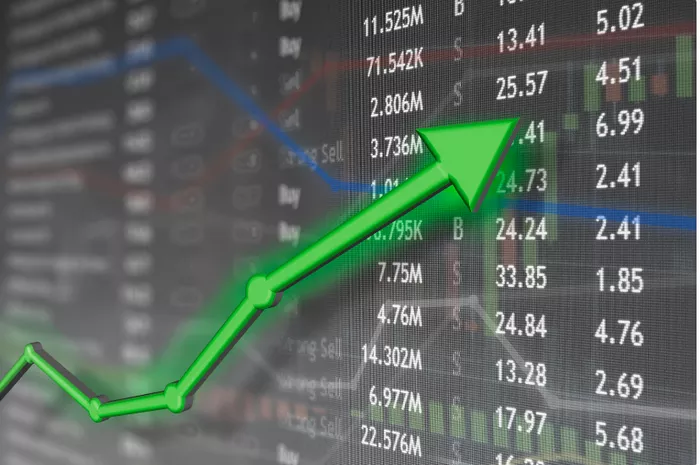Futures trading has long intrigued investors and traders with the allure of potential profits in financial markets. However, the question of how profitable futures trading truly is remains a central consideration for those venturing into this dynamic arena.
Market Volatility and Profit Potential
One of the key factors driving profitability in futures trading is market volatility. Futures contracts allow traders to speculate on price movements across various asset classes, such as commodities, currencies, indices, and interest rates. Highly volatile markets can create ample profit opportunities for skilled traders who can correctly anticipate price directions.
Leverage: Amplifying Returns and Risks
Leverage is a hallmark of futures trading that magnifies both potential gains and losses. Traders can control larger positions with a fraction of the capital required, potentially leading to significant returns. However, the flip side is that leverage also exposes traders to higher risk. Mismanaged leverage can lead to substantial losses, underscoring the importance of understanding risk management techniques.
Risk Management: A Pillar of Success
Profitability in futures trading is intricately tied to effective risk management. Skilled traders utilize risk management strategies such as setting stop-loss orders, position sizing, and diversification to protect capital and limit potential losses. Successful risk management enables traders to preserve their capital during challenging market conditions and ensure longevity in their trading endeavors.
Trading Strategies and Techniques
Profitable futures trading often hinges on the implementation of well-defined trading strategies. Traders employ a range of strategies such as trend following, day trading, swing trading, and arbitrage to capitalize on market movements. Choosing the right strategy, adapting it to market conditions, and diligently executing trades can contribute to consistent profits over time.
Market Analysis and Informed Decisions
Profitable futures trading requires a comprehensive understanding of market analysis. Traders use both fundamental analysis, which examines underlying factors influencing prices, and technical analysis, which studies price charts and patterns. Informed trading decisions are guided by the synthesis of these analyses, enabling traders to identify potential entry and exit points with higher probability.
Costs and Fees: A Realistic Assessment
To gauge the profitability of futures trading accurately, traders must consider transaction costs and fees. These costs encompass brokerage commissions, exchange fees, and other expenses associated with executing trades. While seemingly minor, these costs can accumulate over time and impact overall profitability, especially for frequent traders.
Market Timing and Execution
In futures trading, timing is a critical factor influencing profitability. Entering and exiting trades at the right moments can mean the difference between substantial profits and losses. Traders must develop the ability to identify optimal entry points based on their chosen strategies and market analysis. Seamless execution is equally important, as delays can lead to missed opportunities or adverse outcomes.
Psychological Resilience and Emotional Discipline
Profitable futures trading extends beyond technical skills; it requires psychological resilience and emotional discipline. Market fluctuations, unexpected events, and losses are inevitable aspects of trading. Successful traders manage emotions such as greed and fear, sticking to their trading plans and avoiding impulsive decisions that could impact profitability.
Diversification and Flexibility
Diversification is a key principle in managing risk and enhancing the potential for profitability. By trading across different markets or asset classes, traders can reduce exposure to specific risks and mitigate losses that may occur in one market. Flexibility in trading strategies and the ability to adapt to changing market conditions also contribute to long-term profitability.
Conclusion
The question of how profitable futures trading is lacks a definitive answer, as outcomes vary based on individual skills, strategies, market conditions, and risk management. Profitable futures trading requires a blend of technical expertise, informed decision-making, discipline, and the ability to manage both gains and losses. While the allure of potential profits drives many to engage in futures trading, success ultimately lies in adopting a realistic approach, continuous learning, and a commitment to refining strategies in response to changing market dynamics. Traders who approach futures trading with diligence and a balanced perspective are better positioned to navigate the complexities of the market and unlock its potential for profitability.


